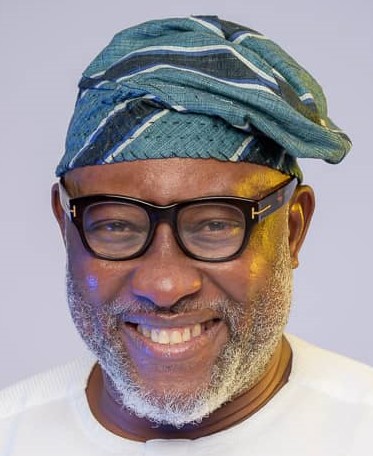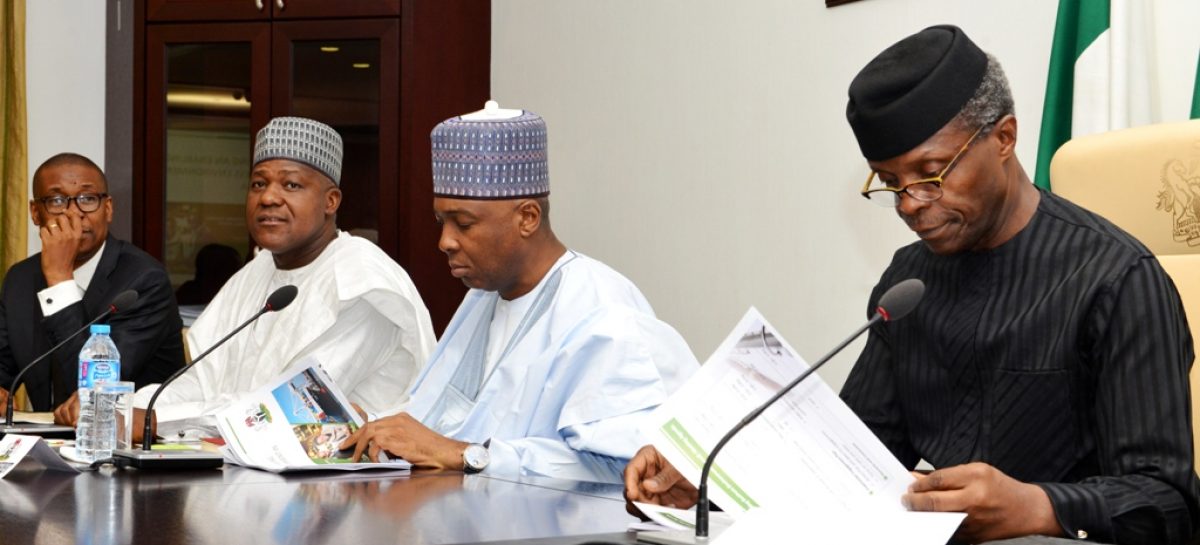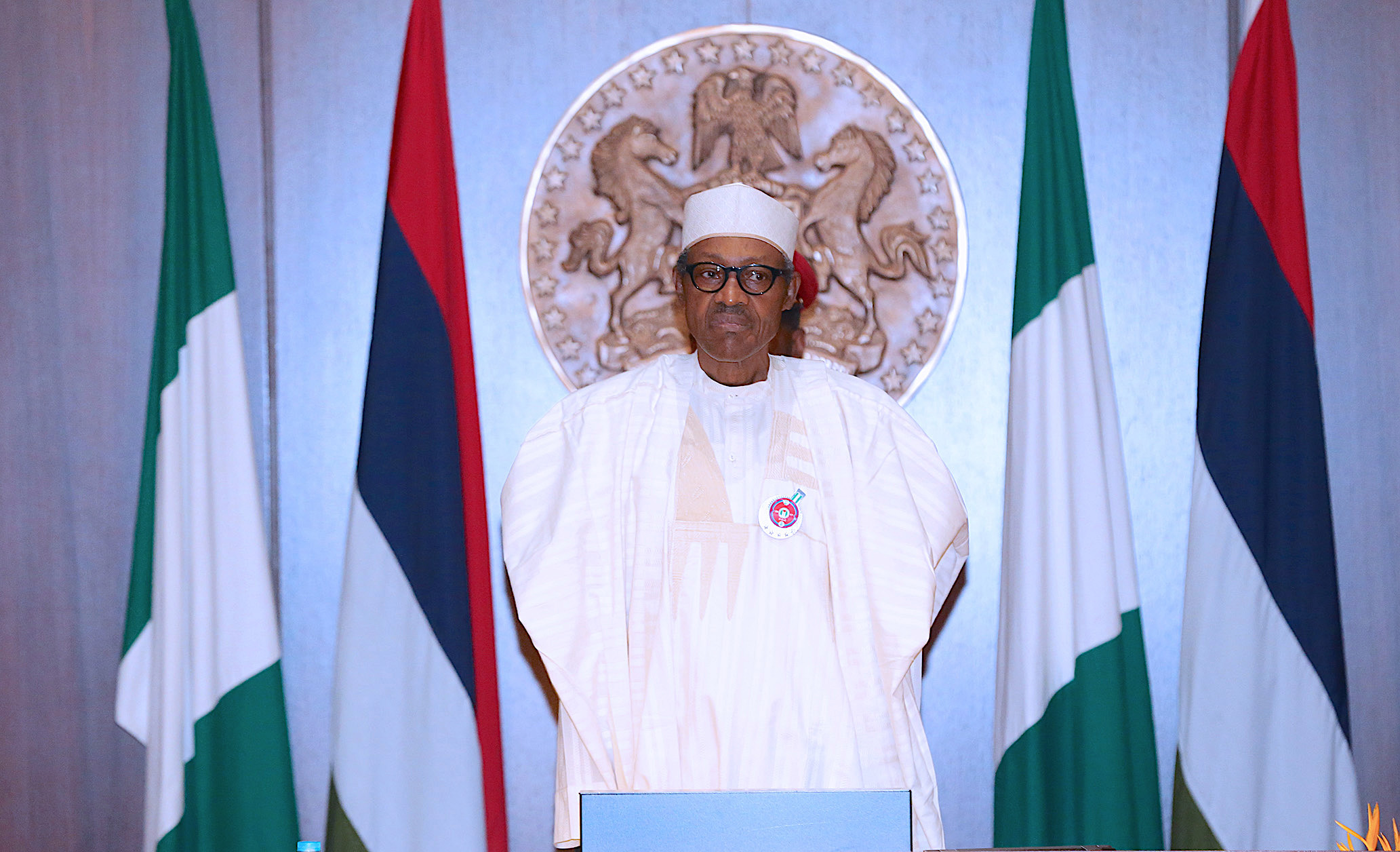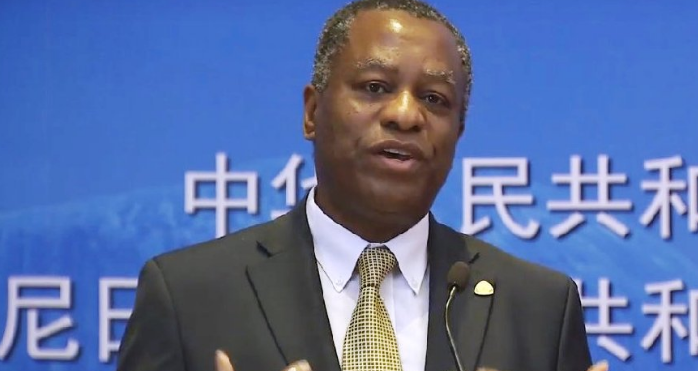A lot of my readers know how fascinated I am with Rwanda and how often I regal you with tales of how the landlocked nation shook itself from the vestiges of ethnic rancour and conflict over 23 years ago to become the bastion of good governance and exemplary leadership.
This is amply underscored by the strong processes and institutions they have built over time to position themselves as an investment and tourism hub and an ICT epicenter not only in East Africa but probably the whole of the continent.
Ably led by President Paul Kagame, a man I admire greatly, Rwanda has shown that in Africa you probably need a mix of strong leaders and strong institutions and that radical and progressive reforms coupled with visionary leadership is a strong requirement for attracting investment and business into your confines.
This background is important to set the tone for my discourse this week which harps on the presidential enabling business council which I must say has done an incredible job in the last couple of months to build the blocks for ease of doing business in Nigeria and pushing the frontier for us as a nation on the competitiveness index.
Advertisement
As I have often canvassed at different fora and in my numerous conversations, to be competitive you must bring to bear a comparative edge and bent in the way you conduct yourself. This is further reinforced by how you provide an enabling environment for businesses to thrive.
During the week, I had cause to engage with Jumoke Oduwole; senior special adviser to the president on industry, trade and investment and secretary of the council and we discussed the job of the council and the quick wins attained.
She availed me of the 60-day national action plan which sought to set the tone for our journey to competitiveness through ease of doing business. The inclusion of a multi-sectoral stakeholder group of MDAs, national assembly, the sub-nationals (Lagos and Kano index states) and select members of the organized private sector with a well thought through monitoring and evaluation mechanism is an eloquent testimony of the sincerity purpose exhibited in the course of their work.
Advertisement
The document highlighted priority areas as defined by the council to include; starting a business, dealing with construction permits, getting electricity, registering property, getting credit, taxation, trading across borders and one I consider very important for trade and investment— entry and exit of people.
It is important to note that the pilot states or index states are Lagos and Kano for a start.
As regards starting a business, the target was to reduce the number of days required to register a business from 10 to two days and the following reforms have been completed; a company name search on the CAC portal can now be activated and this ensures no duplication and prevents selection of prohibited names.
Lawyers are no longer required for business registration as it’s now optional and not compelling. A one-stop single incorporation form has been introduced to save time and reduce costs, document interface upload online is now possible.
Advertisement
Additionally, FIRS e-payment solution has been integrated and CAC lawyers can now conduct declaration of compliance fee in-house for a minimal fee. In a nutshell, subject to meeting all conditions precedent your business can be registered in 24 hours. Only reform pending is the uptime reliability of the portal that will move closer to Rwanda’s six hours.
On dealing with construction permits, which by the way is still a struggle even in America judging by President Trump’s pre-election pronouncements, the target is to reduce the number of days required to get a construction permit from 42 to 20.
Six reforms have been completed diligently and include obtaining clarity on environmental impact assessment and soil test, E-planning platform activated with clear timelines indicated and fees published online as well as qualification laws and procedures published online.
Obtaining the regulation on the construction permit in 30 days in the first instance seems to be the only pending reform.
Advertisement
The target of getting electricity through connection to the national grid in 60 days through procedural improvements has happened as this bottleneck has been reduced from nine to five steps and a timeline for new connections from 198 days to 61 days… no mean feat particularly for Small and medium scale enterprises (SMEs).
Access to credit and at cheaper rates for SMEs in 60 days is the target here and to ensure this happens seamlessly, online searches of secured interests on movable assets can now be done via a national collateral registry (awaiting senate and house passage) with an increased usage of same alongside credit history and credit scoring.
Advertisement
The only pending item is the enabling legislation by the national assembly through bills to ease access to credit, collateral registry and that of a credit bureau service. You will agree that an act of parliament gives it legality and fillip.
Property registration with minimal encumbrances is the target but a lot still needs to be done here as only two reforms have been completed and one is that sworn affidavits are no longer required for conducting title searches and streamlining of registering process through merged requirements for stamping of deed of assignment with final registration process.
Advertisement
The pending ones, however, include the inability to consolidate payments into one, reduction of time for governor’s consent which exceeds that of other climes with similar laws and lastly online upload for complaints, which is not ready.
Cross-border trade with regards to reducing import and export time by 50% is the target and an above average performance has been attained. Palletization of imports to enable quicker physical inspection and examination is now to be introduced, provision of advanced cargo manifest through transmitting it in advance to ensure improved risk assessment and optimal cargo placement.
Advertisement
The Nigeria Customs Service has been enjoined to coordinate physical examination between officials and importers. CBN, customs and commercial banks are now required to process net export proceed (NXP) forms in 72 and pre- shipment inspection agencies are now compelled to issue certificate of clean inspection within three days.
All these are part of the processes of accelerating the pre-export documentation procedures. Import documentation requirements are to be reduced from 14 to eight and for exports from 10 to seven.
Lastly, container placement notice time by terminal operators for examination to be reduced from 24 hours to 12 hours. In the whole scheme of things, customs and port officials are being primed to trade facilitators and not business blockers.
Finally, ease of entry and exit of people particularly those outside the ECOWAS trade block and Sub- region needs to be enhanced. The target is to improve visa processing timeline and if possible reduce cost of same as Nigeria’s visa fees are higher than the continent average for a start and improving the traveller experience for businessman and tourists is critical and Rwanda ranks very high here.
Visas are given on arrival for all Africans at a token sum of 30 dollars and the experience at the airport and flying experience is a delight particularly if you fly the national carrier, RWANDAIR.
The council has prioritized this through simplification of the visa on arrival and submission process through e-submission in concert with the Nigeria Immigration Service with a new regulation in place for 2017.
Arrival and departure cards or forms have been consolidated into one and a 48-hour processing time for business and tourist visas at our embassies and high commissions have been approved.
In my view, cost and tenure of visas should be based on reciprocity but if the African Union passport and visa regime comes into effect we should embrace it. Mauritius and Rwanda as well as Namibia seem to be at the forefront here.
We must commend Kenya; which entered into a bilateral agreement with Nigeria for visa on arrival for 50 dollars and which came into effect during the twilight of the last administration and has remained in place to date. You will agree that both countries are regional giant; a case of east meets west and this is needed to boost continental trade and tourism.
What is lacking now however and needs to be radically addressed is the infrastructural decay at two major gateways called airports in Abuja and Lagos for a start. The derelict state of the Muritala Muhammed international airport fashioned after Schipol in Amsterdam (Holland) is a case in point.
The facilities there; ranging from the central cooling system to the escalators, toilets and the conveyor belts are an eye sore. The airport looks like an atavistic remnant of Neolithic times.
Nnamdi Azikiwe international airport in Abuja is not any better in spite of the newly completed runway. They both urgently need to be upgraded and beautified via coats of paint and other state of the art technology befitting of a country that wants to be not only an aviation hub but equally an investment destination.
The first point of contact by a first-time visitor to any country is the airport. You never get a second chance to create a first impression is the refrain.
The job done thus far by the presidential enabling business council in 60 days has been exemplary and even if we have only managed to move the needle, one can still see it in the haystack with the naked eye.
The council has been able to show through the chairmanship of the vice president that where there is a will there is a way and that if government decides to work as a collective a lot can be achieved. I got calls from my friends in Rwanda, Mauritius and Botswana; countries that are leading lights on the index in the continent asking how we managed to do this at such a frenetic pace.
My answer to them was simple- the political will was the main catalyst. Hopefully, we will meet the initial target of moving up 20 places in the World Bank doing business ranking. Competitiveness is here and we must not relent but ensure the gains are sustained.
Views expressed by contributors are strictly personal and not of TheCable.
2 comments








It’s heartwarming that the presidency is working hard and bordering to communicate progress. I applaud your effort so far but what comes to mind, are the people/parastatals and their disposition to change. Will they embrace or circumvent it? Are there sanctions for non compliance? More importantly, have they been sufficiently educated to align with these changes? May you have many more successes.
It is definitely the right steps in a much needed direction. I hope the administration sustains the momentum. The current climate is not conducive for foreign investments but these changes are bound to make a positive difference. Well written piece.